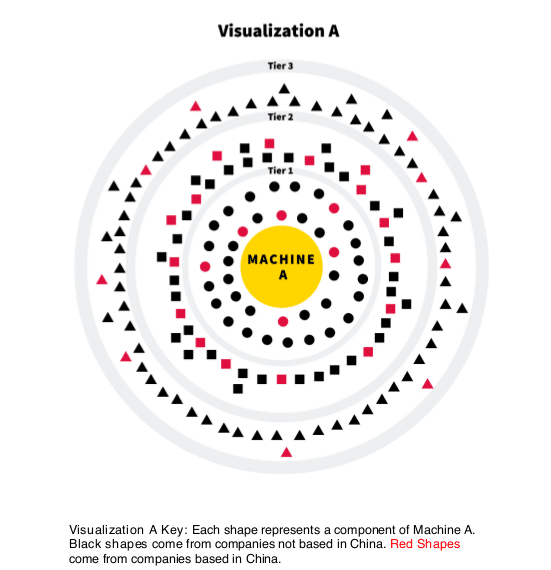Security News for the Week Ending May 22, 2020
AG Says They Unlocked Shooter’s iPhone Without Needing Apple to Hack Their Security
For a couple of decades the FBI and Justice Department has been saying that software vendors need to insert backdoors into their security software to make it easier for the government to hack it if they want to.
One high profile case was the Pensacola Naval Air Station shooter, who was killed by police in the attack (making it difficult to prosecute him). Therefore, the FBI didn’t need anything off his phone to prosecute him, BUT they did want info in order to get useful intelligence about who he was working for/with and what other attacks might be planned.
In spite of the AG’s relentless claims that they need companies like Apple to insert backdoors into their systems – which will inevitably get into the hands of hackers and ruthless governments – Barr announced this week that they broke into the phones without Apple’s help. Barr said that hacking the phones was due to the great work of the FBI. Much more likely, they just placed the phone in a Cellebrite box (or competitor) and wait.
What probably galls Barr is that if he doesn’t have an unlimited license (which I am sure he does), he would have had to pay Cellebrite $1,500 for each phone he wanted to unlock.
This announcement definitely weakens the argument that software vendors need to weaken security for everyone so that the police can hack phones when it is important. Credit: The Register
Rogue ADT Tech Spies on Customer CCTV of Teen Girl
ADT has revealed that one of their techs used his permissions to access the accounts of hundreds of ADT customers and watch them via their security cameras. Last month an ADT customer in Dallas spotted an unexpected email address listed as an admin user on their account. The employee has used that email to access the home’s cameras over 100 times.
Apparently, not only could he spy on naked customers, but he could also unlock their homes if they had smart locks. One of the naked customers in question sued ADT last week.
People need to think about where they place security cameras and whether smart locks are really smart to use. Credit: The Register
Details Leaking on WHY for Prez’s EO on Securing the Grid
Earlier this month, the president issued an EO that sorta, kinda stopped the power grid from buying things that could allow adversaries to compromise the grid. I said sorta, kinda because the EO (read the text) doesn’t actually identify anything that people can’t buy. It does, however, form a committee to figure out what that might be.
Here’s what’s new. A U.S. power utility discovered a “hardware backdoor” on a Chinese transformer that was delivered to them and that they found things “that should not be there”. They think there are many of these already installed in America.
If true and I have no reason to doubt it, but almost no details to confirm it, that could be a really serious problem. A bigger problem is that the U.S. doesn’t manufacture any big transformers like the kind the utilities use.
So, if the feds ban Chinese transformers, I can describe a scenario where folks working in cooperation with the Chinese destroy a sufficient number of existing transformers with utilities not allowed to buy replacements and potentially leaving millions in brown-out or black-out conditions for months. Homeland Security is believed to have been secretly trying to figure out a solution for several years. Credit: CSO Online
Hackers Jailbreak New Apple iOS One Day After Release
Apple announced a new version of the iPhone software, 13.5, this week and the next day hackers claimed they had a hack to jailbreak the new version – every device, even the iPad Pro. That can’t possibly make Apple happy, but there are some in the hacking community that are very happy. Credit: Mac Rumors
Chinese Hardware Powers US Voting Machines
Third party risk company Interos took apart one very popular, widely used, touch screen voting machine and found that 20% of the machines components came from a company headquartered in Russia or China. 59% of the parts came from companies with locations in Russia and China.

The red dots represent components from companies based in China. Given the the U.S. manufactures very little any more, this is not much of a surprise.
Paper based vote by mail sounds better by the day. Credit: Security Ledger
